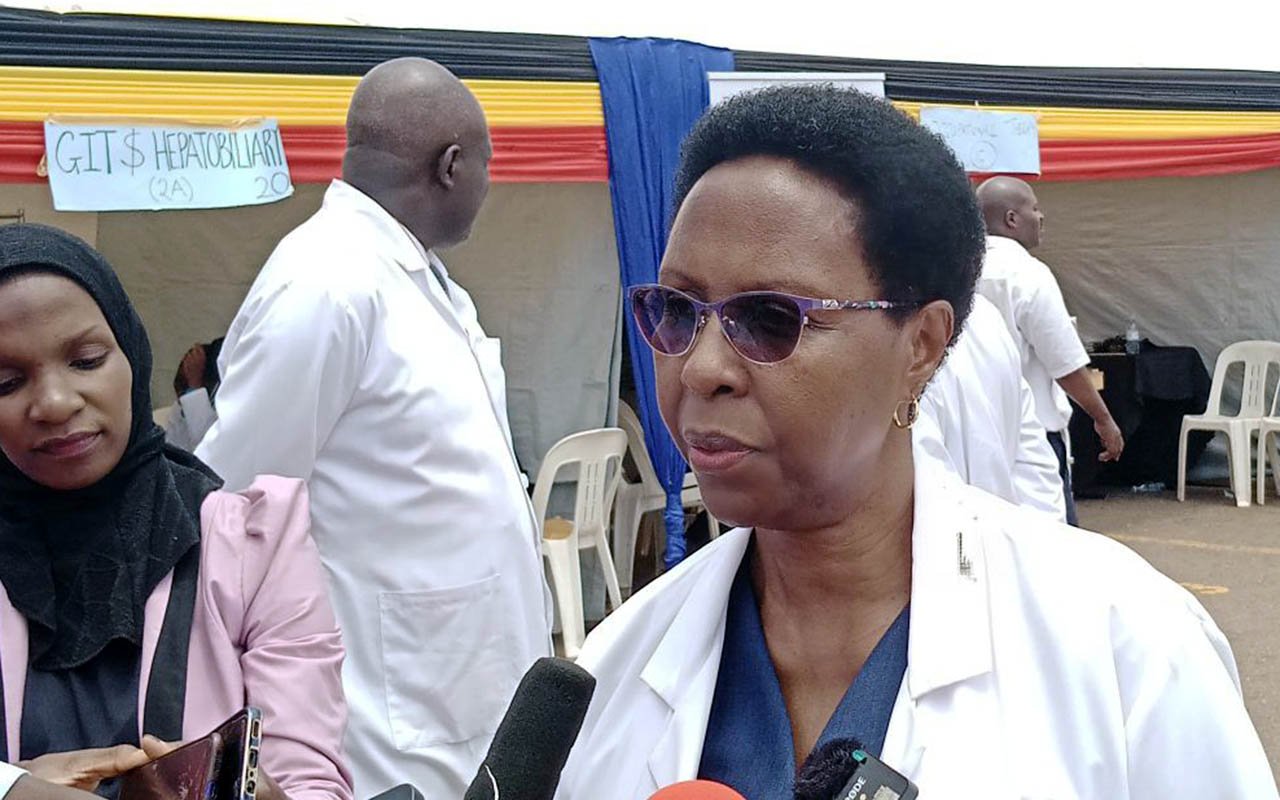Africa needs $100b to withstand Covid impact, says World Bank

A Malian researcher conducts a COVID-19 coronavirus test, at the University Clinical Research Center of Bamako, on March 19, 2020. - Although no positive cases have yet been confirmed in Mali, hospitals and doctors are getting ready for a potential emergency. (Photo by MICHELE CATTANI / AFP)
Sub Saharan Africa will need close to $100b to withstand the impact of Covid-19, according to the World Bank.
The Covid-19 pandemic has already set much of the world into recession and the $100b will include a waiver of interest payments about $44b.
In details contained in the Africa Pulse report for Sub Saharan Africa, which analyses the bi-annual state of the region’s economies, the World Bank, said: “Whereas the region may need an emergency economic stimulus of $100b, a debt moratorium would immediately inject liquidity and enlarge the fiscal space of African governments”.
In 2018, sub Saharan Africa paid about $35.8b in debt service, representing 2.1 per cent of the region’s gross domestic product (GDP).
In a webcast briefing during the release of the report, Dr Albert Zeufack, the World Bank chief economist for Africa, said: “The analysis estimates the pandemic could cost the region between $37b and $79b in terms of output losses for 2020,” noting the impact of Covid-19 on household welfare is expected to be dramatic with welfare losses.
He also noted that Covid-19 had the potential to create a severe food security crisis in the region, with agricultural production expected to contract to 2.6 per cent.
It is expected that food imports will decline substantially (as much as 25 per cent or as little as 13 per cent) due to higher transaction costs and reduced domestic demand.
The World Bank also indicated that sub Saharan Africa growth will contract from 2.4 per cent in 2019 to -5.1 per cent in 2020, as the region shakes off the first recession in 25 years.
Covid-19 has already weakened governments’ fiscal policy in the region, forcing a number of countries to source for bail outs from multilateral creditors such as the World Bank and International Monetary Fund.




